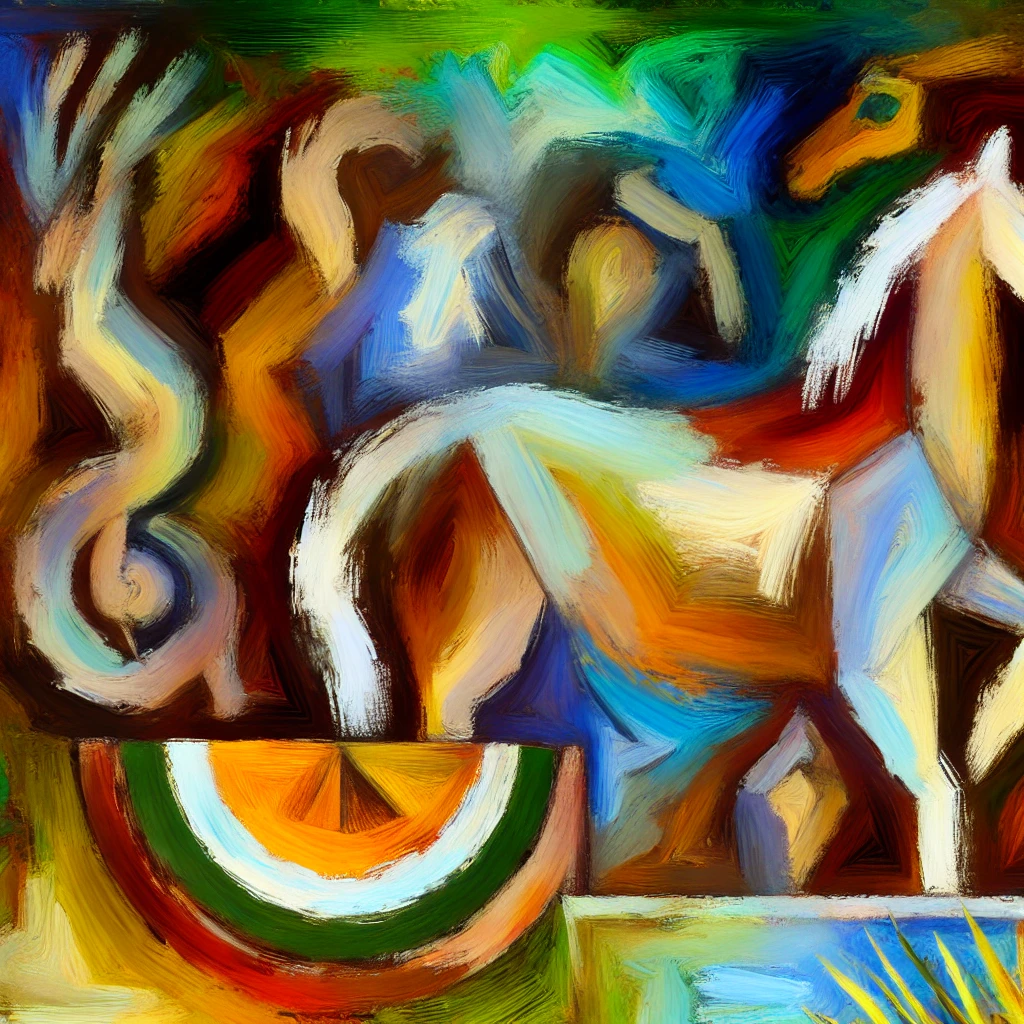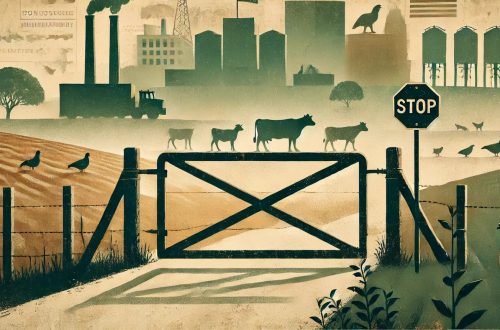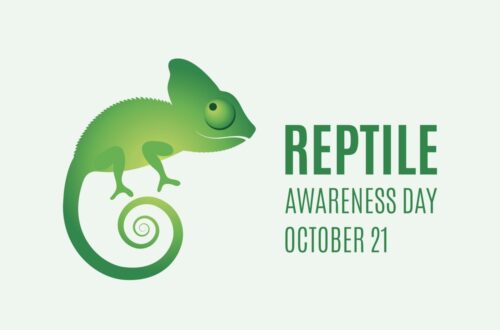
Decolonizing Food Systems: Unraveling Colonial Legacies in Farmed Animal Welfare
As Independence Day approaches, I find myself reflecting not just on the political freedoms we’ve gained, but on the deeper, often overlooked layers of our history. The effects of colonialism are still very much present in our world today, in both seen and unseen ways. One area where this is especially evident is in our food systems and the treatment of farmed animals. These colonial ideas continue to shape not only what we eat but also how we think about farming, animals, and sustainability.
Its not only about acknowledging the past; but to also recognise how these colonial frameworks are still influencing our present, subtly guiding the global and local discourse around food systems. If we want to create a future that is truly just and compassionate for all beings—human and non-human alike—we must engage in the work of decolonizing our approaches to farmed animal welfare and food systems. This is a collaborative effort, where the insights and contributions from both the Global North and South need to work together to create a more equitable and sustainable world.
Colonial Food Systems: The Legacy of Exploitation
The roots of modern food systems are deeply embedded in the colonial era. Colonial powers, driven by the desire for economic gain, restructured agricultural practices to serve their own interests. This restructuring included the introduction of monoculture plantations, the export of industrial farming practices, and the exploitation of both land and labour to maximize output for export rather than local consumption. These practices laid the groundwork for the global food system we see today, one that prioritizes efficiency and profit at the expense of animal welfare, environmental sustainability, and social justice.
In India, for example, the spread of factory farming is a direct descendant of these colonial agricultural practices. It is a system built on exploitation—of animals, farmers, workers, and the land itself. The emphasis on maximizing output often mirrors the extractive economies established during colonial times, where the goal was to extract as much value as possible with little regard for the long-term consequences. This model not only inflicts immense suffering on farmed animals but also perpetuates social and environmental inequalities, disproportionately affecting marginalized communities who bear the brunt of its negative impacts. Recognising these historical influences allows us to address these issues more effectively, with sensitivity to the contexts in which they occur.
The Colonial Legacy Across Disciplines
At Samayu, our work is inherently intersectional, recognsing that issues of animal well-being, environmental sustainability, public health, and social justice are deeply interconnected. The colonial legacy within food systems extends across these disciplines, influencing how we approach each of these areas.
For example, the environmental degradation caused by intensive farming practices is not just an ecological issue; it is also a public health crisis, as communities are exposed to pollutants and zoonotic diseases that emerge from these systems. This environmental destruction is closely linked to the exploitation of both animals and workers, creating a cycle of harm that is deeply rooted in the colonial exploitation of nature and labour.
Moreover, the language and thought patterns that dominate the animal movement in India and Asia are heavily influenced by Western thinking. Concepts like “animal rights” and “welfare” are often framed in ways that reflect Western values. This influence can sometimes create a disconnect between the movement and the communities it aims to serve. However, it’s important to recognize that these frameworks have also brought valuable concepts and momentum to the movement, which we can build upon as we adapt them to local contexts. To truly address this, it is crucial to develop narratives and approaches that are more reflective of Indian and Asian contexts—narratives that respect and incorporate local knowledge, traditions, and values.
Decolonizing the Language and Thought of Animal Advocacy
Over several years, through my advocacy, I have thought a lot about Indian (and broader Eastern) thought on the human-animal relationship. The rights-based framework we use is influenced heavily by Western thinkers, and while this has brought valuable concepts into the movement, there is often a subtle but palpable dissonance between the Western narrative and the values of the actors we engage with in India and Asia.
This dissonance has led me to question what a contemporary Indian or Asian perspective on these issues might look like—how might our language and concepts evolve if they were more deeply rooted in our own cultural and philosophical traditions? Indian thought has a rich history of compassion and coexistence with animals, yet these perspectives are often overshadowed by Western frameworks that may not fully capture the complexity and nuance of local contexts.
I’ve been curious about what a narrative would look like that truly reflects the values and realities of those we work with. This isn’t about rejecting Western ideas but about creating a more inclusive dialogue that incorporates and respects Eastern perspectives. It’s about finding a balance that allows for a richer, more context-specific approach to animal advocacy—one that resonates more deeply with the communities we aim to serve and reflects the diverse traditions and experiences of the Global South.
Balancing Support and Colonial Influence
Funding from the Global North plays a significant role in shaping the landscape of animal advocacy and food system reform in the Global South. While this funding often comes with the best of intentions, it can inadvertently perpetuate colonial dynamics if not approached with sensitivity and an awareness of local contexts.
Global North funders and organizations can bring with them frameworks and solutions that are rooted in Western experiences and assumptions. While these can offer valuable insights and resources, they may not always align with the realities on the ground in places like India. This can lead to the imposition of models that, while effective in Western contexts, may not be appropriate or sustainable in different cultural and economic environments.
To avoid reinforcing colonial patterns, it is essential that funders and advocates from the Global North engage in genuine partnerships with local organizations. I see this as an invitation to an ongoing dialogue, where we can all learn from each other and work towards solutions that are truly inclusive and effective. This means listening to and prioritizing local voices—particularly those living and working in the regions directly affected—respecting the expertise and knowledge of those who are directly affected by these issues, and being open to adapting or even discarding Western models in favor of more context-specific approaches. The goal should be to support, rather than direct, the work of local advocates, ensuring that their initiatives are truly rooted in the needs and realities of their communities.
Expanding the Scope: Beyond Farmed Animals
While the focus of this discussion is on farmed animals and food systems, it is important to acknowledge that the colonial legacy extends to other areas of the animal movement as well. Wildlife conservation, for example, has often been shaped by colonial attitudes that prioritize the preservation of certain species or landscapes at the expense of others. These attitudes can lead to conservation practices that exclude or marginalize local communities, perpetuating the same dynamics of control and exploitation that characterized colonial rule.
Similarly, the treatment of working animals in India reflects a complex interplay of traditional practices and colonial influences. These animals, often seen as essential to the livelihoods of marginalized communities, are caught in a system that both relies on and exploits them. Decolonizing our approach to these issues requires us to challenge the assumptions and values that have been imposed by colonialism and to develop more holistic, compassionate, and context-specific solutions.
Building a Decolonized Future for Food Systems and Animal Advocacy
As we reflect on Independence Day, it is essential to recognize that the work of decolonization is far from complete. The legacies of colonialism continue to shape our food systems, our treatment of farmed animals, and our approach to animal advocacy in ways that are both profound and pervasive. By acknowledging and addressing these legacies, we can begin to build a future that is more just, more compassionate, and more sustainable for all beings.
We need to collectively and critically examine how these influences shape our work and to ensure that they do not perpetuate the very dynamics we seek to dismantle. Decolonizing animal advocacy means embracing an approach that is truly intersectional, one that recognizes the interconnectedness of all beings and the importance of context-specific solutions. We must develop narratives and practices that are rooted in the diverse traditions and experiences of the Global South, ensuring that our work is not only effective but also deeply respectful of the communities and animals we seek to serve.
We must build a decolonized future—one where the legacies of colonialism are replaced with principles of justice, compassion, and respect for all life. This is the true work of independence, not just for nations but for the entire web of life on which we all depend.




